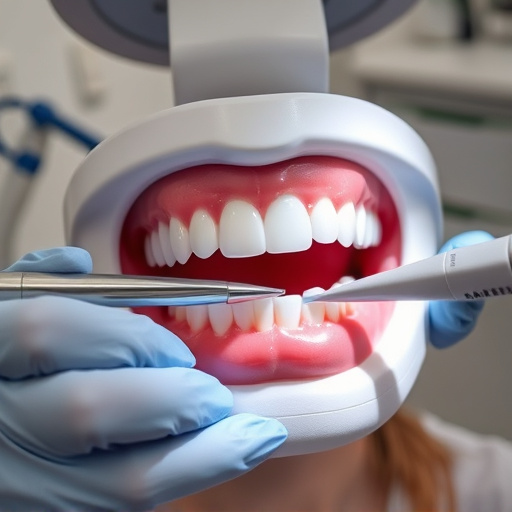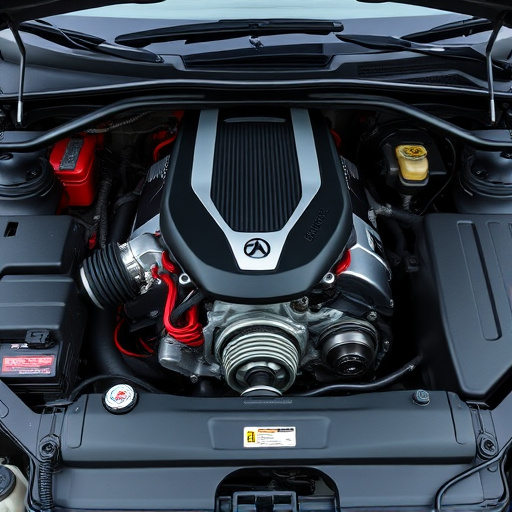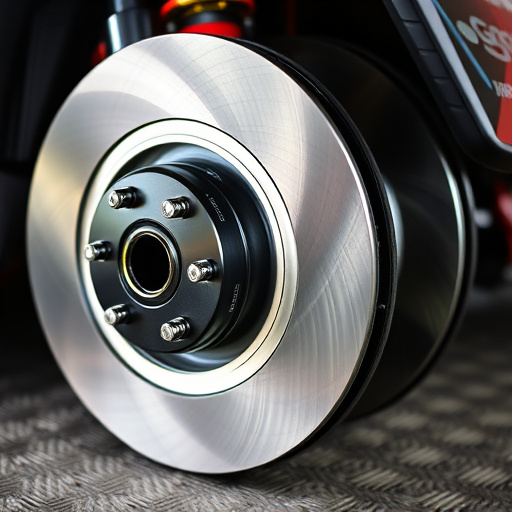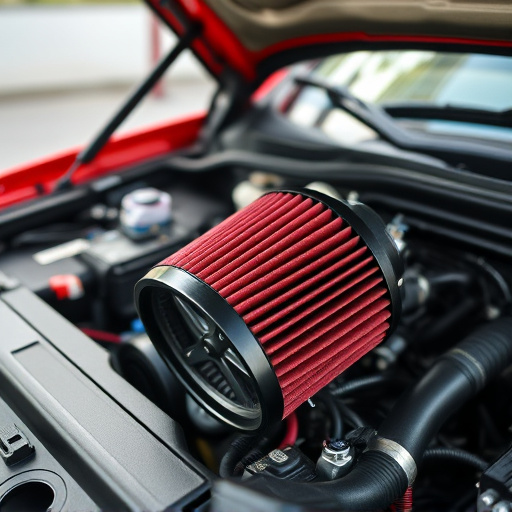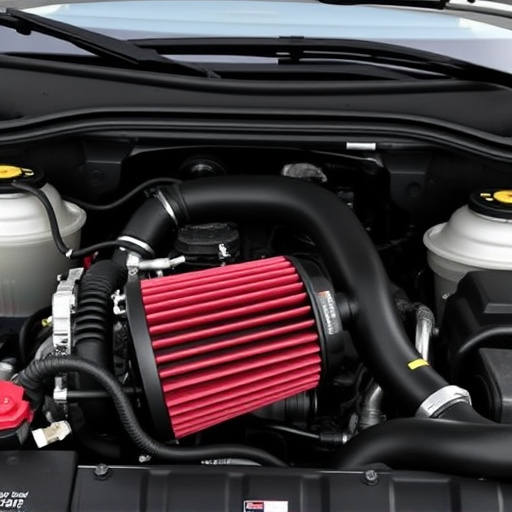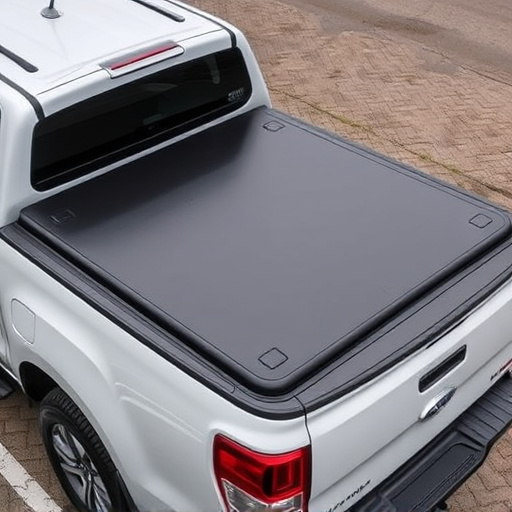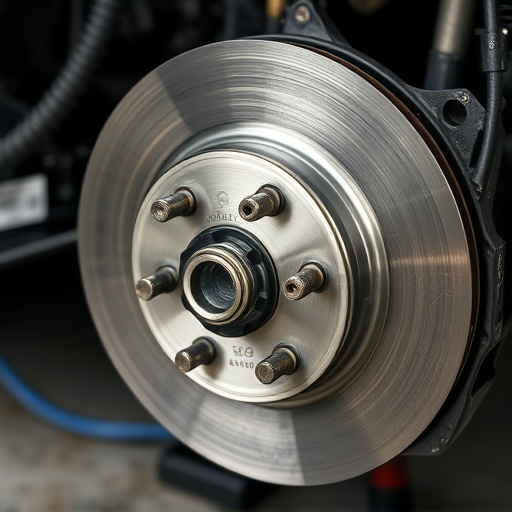Unusual braking noises may indicate worn brake pads requiring a new brake performance kit. Decreased braking efficiency, pulsing/vibrations, or increased pedal effort signal potential failures. Regularly inspect brake pads for wear and tear, and upgrade the brake performance kit as needed. Maintaining intake and exhaust systems also supports overall vehicle health, including braking efficiency.
Is your vehicle’s braking power diminishing? It might be time for a new brake performance kit. Look out for telltale signs like unusual squealing or grinding noises during braking, indicating worn pads. Additionally, if you notice reduced stopping power or excessive wear and tear on your brake pads, these are clear indicators that a upgrade is necessary. Don’t ignore these warnings—upgrading to a brake performance kit can ensure safer stops and improved handling.
- Recognize Squealing or Grinding Sounds
- Observe Reduced Braking Efficiency
- Check Wear and Tear on Brake Pads
Recognize Squealing or Grinding Sounds
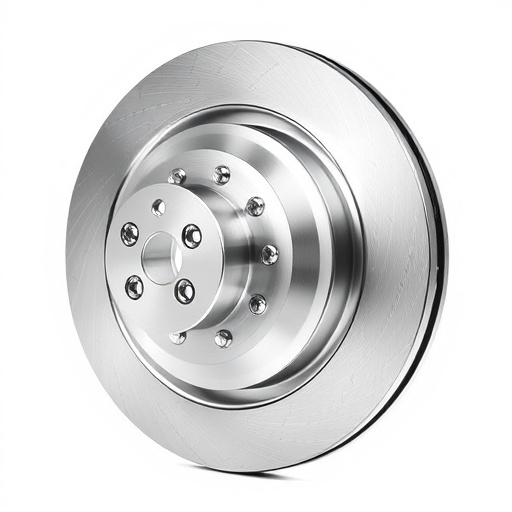
One of the first signs that your vehicle may need a new brake performance kit is unusual noises coming from your brakes. If you hear squealing or grinding sounds when applying the brakes, it could indicate that the brake pads have worn down significantly. This noise is often an alert that the pads are no longer able to effectively grip the rotors, leading to reduced braking power and increased stopping distances.
These sounds can be particularly distinctive when braking at lower speeds or during normal daily driving. In some cases, they may get louder as the brakes heat up due to more friction. If you notice these noises, it’s advisable to have your vehicle inspected by a professional mechanic who can assess whether replacing your brake performance kit, including pads and rotors, is necessary for optimal vehicle performance and safety. Additionally, keeping your air filter kits clean and considering upgrades like cold air intakes can also contribute to overall vehicle health, as proper airflow supports efficient braking systems.
Observe Reduced Braking Efficiency
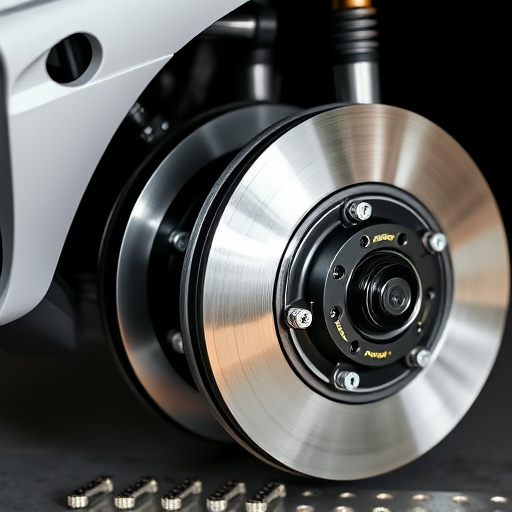
If you’ve noticed a significant drop in your vehicle’s braking efficiency, it might be time to consider upgrading your brake performance kit. Over time, brakes can become less effective due to wear and tear on pads and rotors, leading to longer stopping distances and reduced control while driving. This reduced braking power is often a clear indication that your current brake system needs attention.
When performance brakes start to fail, you might experience pulsing or vibrations when applying the brakes, which could point to worn-out brake components. Additionally, if you find that it takes more effort to depress the brake pedal or that the vehicle pulls to one side during braking, these are further signs that your brake performance kit requires an upgrade. Remember, timely maintenance of essential components like exhaust mufflers and suspension parts can also contribute to overall vehicle safety and optimal driving experience.
Check Wear and Tear on Brake Pads
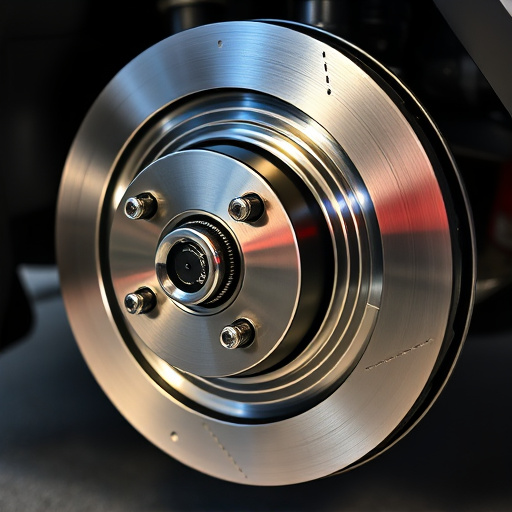
When evaluating your vehicle’s overall brake health, examining the wear and tear on brake pads is a crucial step. Brake pads are integral components of your car’s braking system, responsible for converting the kinetic energy of your vehicle into heat, allowing you to stop smoothly and safely. Over time, these pads experience significant wear due to constant friction with the rotors. Regularly checking their condition can provide early warning signs that it’s time for a brake performance kit upgrade. Look for thinning pads, visible damage, or uneven wear patterns; these indicators suggest that your current pads may not be providing adequate braking power and could lead to compromised vehicle performance.
Consider the state of your intake components and cat-back exhaust system as well. While they don’t directly impact brake performance, their condition can indirectly affect overall vehicle health. A well-maintained engine with efficient intake components ensures optimal combustion, which, in turn, enhances braking efficiency. Similarly, a high-quality cat-back exhaust system reduces backpressure, allowing your engine to breathe better and potentially improving overall vehicle performance, including how smoothly your brakes respond when engaged.
If you’ve noticed any of these signs – unusual noises, decreased braking power, or worn-out pads – it’s clear your vehicle needs a new brake performance kit. Don’t delay; prioritizing your safety and ensuring optimal stopping power is paramount. Upgrading to a high-quality brake performance kit is an essential step in maintaining control and confidence behind the wheel.
